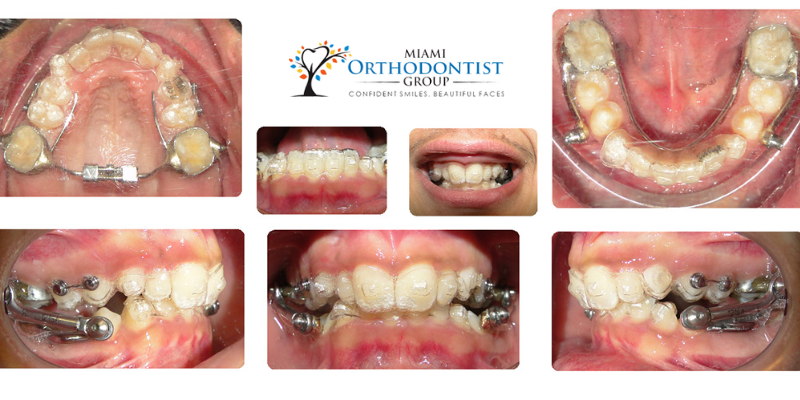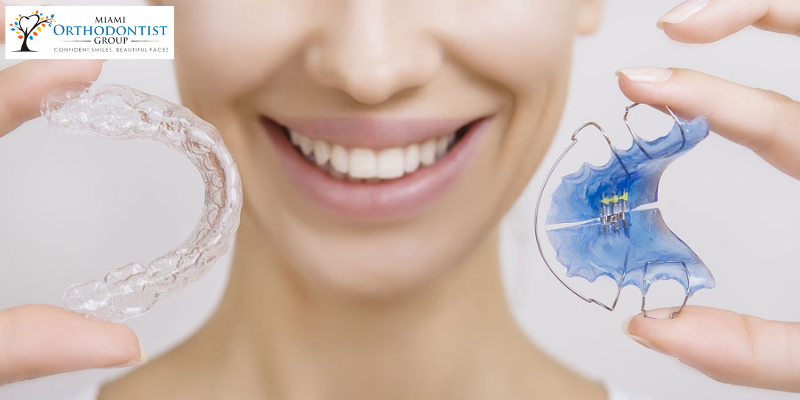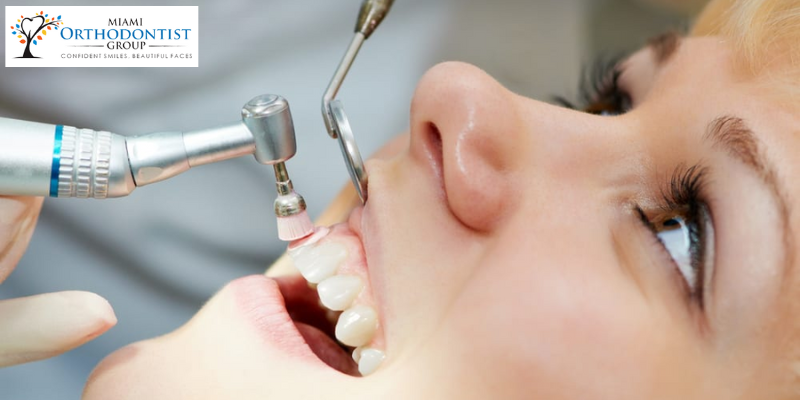Dental appliances are devices used by your dentist to help treat your dental problems.
A dental appliance is any device that helps maintain your dental health, either long-term or short-term. It can range from braces, retainers, dental crowns, and fillings,
Dental appliances are available from permanent to prosthetic or removable fixtures. These are essential to help move, support, or even replace your teeth.
These allow your teeth to work at the highest capacity while remaining healthy, no matter the situation.
What Are Permanent Dental Appliances?
 Dental implants, fillings, bridges, and crowns are examples of permanent dental equipment, as are braces and fixed retainers.
Dental implants, fillings, bridges, and crowns are examples of permanent dental equipment, as are braces and fixed retainers.
These are not routinely removed and can either strengthen or repair certain regions of your teeth.
With the application of these devices, your dentist can help you maintain good oral health around the clock, repair any harm, and assist realign your teeth if necessary.
Experts consider braces as permanent dental appliances even if several individuals do not wear them for a long duration.
It is because you cannot remove the braces safely without a professional’s assistance.
Dental appliances are more covert than other dental fittings and can aid in maintaining your oral health at its best.
Veneers, fillings, and crowns are a few examples of dental restorations. Dental appliances have an appearance that looks natural and functions like your other teeth.
Permanent dental appliances are more expensive than removable ones.
But they last far longer and can help you maintain oral health for the future years.
Removable Dental Devices
 Removable retainers, mouth guards, slides, and dentures are examples of removable dental appliances.
Removable retainers, mouth guards, slides, and dentures are examples of removable dental appliances.
When your teeth require more support but don’t require the weight of a permanent fixture, these dental accessories can be helpful.
Removable retainers and mouth guards can help protect and straighten your teeth in addition to being lightweight.
Removable dental appliances have the advantage over permanent devices. They are simpler to clean and maintain than other permanent fittings.
You can take them out, clean and place them again without a trip to the dentist’s office.
They can be utilized for specific occurrences like athletic mouth guards or sleep apnea and bruxism guards and are also frequently less expensive.
How To Maintain Your Dental Appliance?
- Brush the appliance using an ordinary toothbrush or a proxy brush, getting into all the nooks and crannies.
- To clean inaccessible areas, use a Waterpik.
- With mouthwash or warm salt water, rinses around appliances daily.
- Floss near appliances (you can exclude the separators while washing or flossing)
What To Expect While Using The Dental Appliances?
While using the appliances, you might feel strange. You will have difficulty swallowing or eating. It will be tough at first to speak normally.
Within a week of receiving your appliance, you will be able to swallow and talk properly.
You must learn how to activate or “hook up” the equipment at home as directed by the office.
You’ve got this!
It may appear strange initially as if you had “a mouth full of marbles,” but in a few days, you will be accustomed to it and be able to go about your usual daily routine…with the addition of your appliance regimen.
What Precautions Do You Need To Take While Eating Food?
Avoid hulled popcorn since it tends to become trapped in dental devices. It can cause the gums to swell and be uncomfortable.
Sticky foods, such as caramel or taffy, should be avoided because:
Become entangled in your appliance.
The cause of tooth movement is inefficiency.
Cause an increase in the likelihood of cavities or gum inflammation.
Avoid hard items such as ice nuts.
You should cut your food into minute pieces before eating or cooking.
What Dental Appliances Are Essential For Oral Hygiene?
Oral hygiene, including teeth brushing and flossing, is ESSENTIAL throughout orthodontic treatment. Braces applied to the teeth create several more areas. In these places, the food particles and plaque can gather.
You can remove the stubborn food particles by vigorous brushing and flossing. Without adequate cleanliness, the patient is vulnerable to tooth calcification (white spots), cavities, and swollen, enlarged gum tissue.
Summary:
Please carefully follow our maintenance recommendations. We will notify you if there are other instructions for your specific instance.
You can reach out to the best dental clinic – Miami Orthodontist Clinic. The professionals will help you with all your dental needs.


